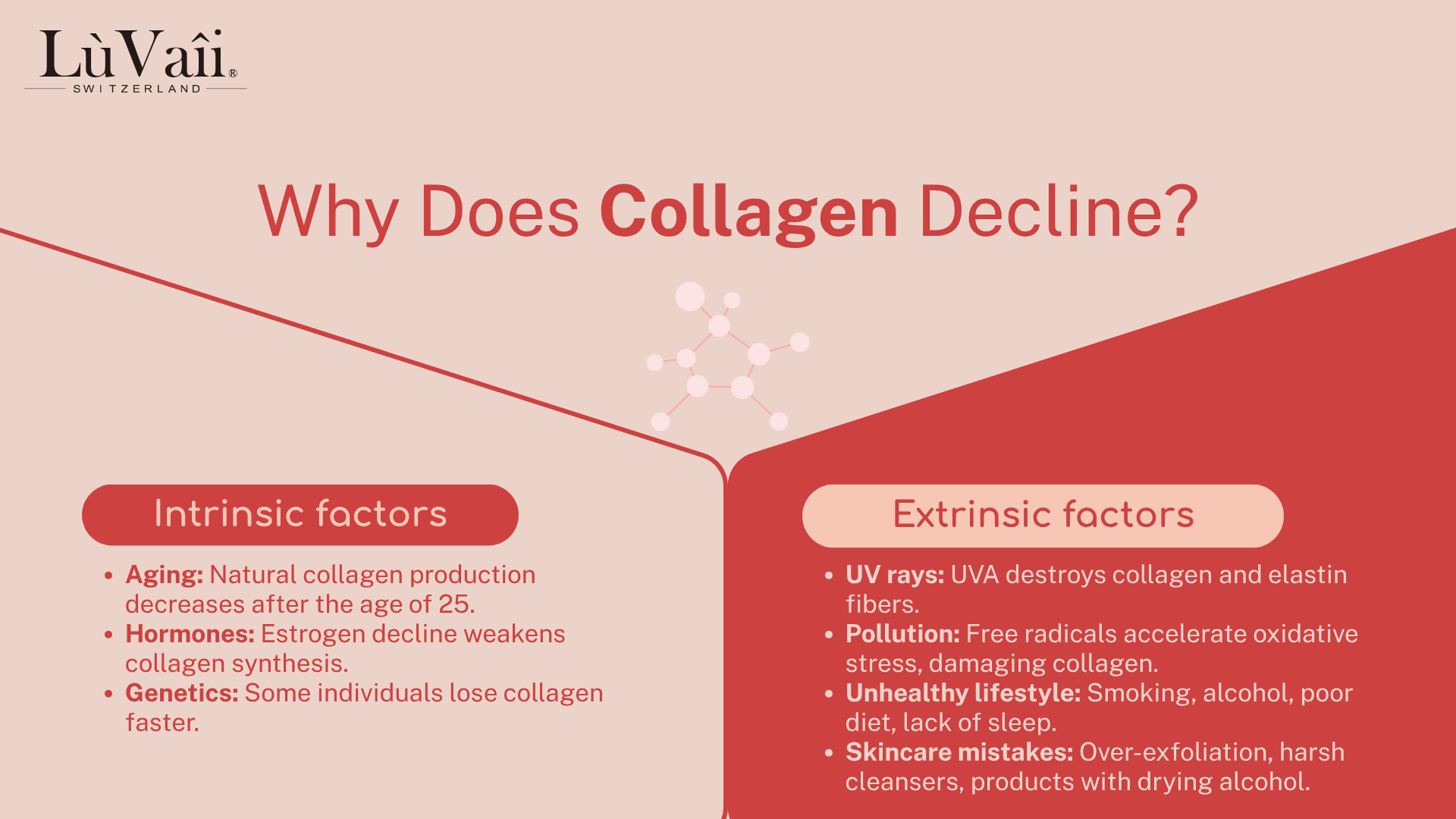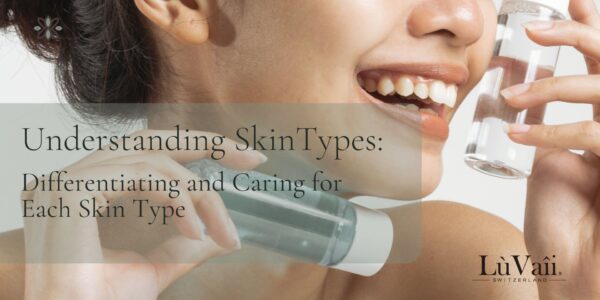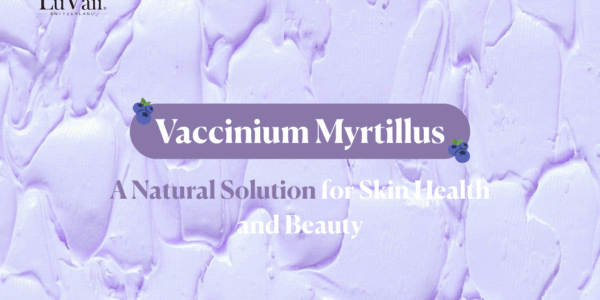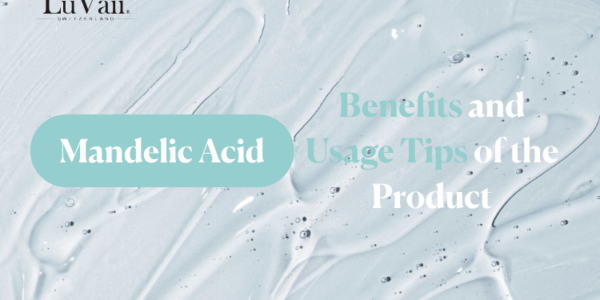
Collagen: From Science to Skincare, Do You Really Understand It?
Table of content

Introduction
Collagen has become one of the most popular buzzwords in skincare and wellness. If you think of your skin as a soft fabric, collagen is the strong thread woven throughout, keeping that fabric smooth, elastic, and firm.
In our 20s, collagen production is at its peak, giving us plump, radiant skin. But after the age of 25, natural collagen synthesis slows down. Each year, the body loses about 1–1.5% of its collagen. The result? Fine lines, loss of elasticity, sagging, and dullness.
This article will help you understand collagen from scientific perspective to its beauty to its beauty application: What is collagen? Why is it important? How do collagen types I and III differ?And how we can properly supplement collagen?
What is Collagen?

Collagen is the most abundant structural protein in the human body, accounting for 25–30% of all protein and about 70% of the skin’s composition.
Structure and Composition
- Collagen is made of triple helix chains of amino acids, mainly glycine, proline, and hydroxyproline.
- Contains key amino acids: glycine (33%), proline, and hydroxyproline.
- It is this unique structure that gives collagen its exceptional mechanical strength.
Collagen in Facial Skin
- The skin consists of 70–80% type I and III collagen.
- Collagen not only provides structural support but also influences elasticity, thickness, and youthfulness.
Collagen not only provides structural support but also influences elasticity, thickness, and youthfulness.
The Role of Collagen in Skin
1. Supports Firmness and Elasticity
Collagen maintains skin smoothness and helps it recover after stretching.
2. Maintains Hydration and Plumpness
Collagen interacts with Hyaluronic Acid to retain water, keeping skin moisturized.
3. Helps repair damaged skin.
Collagen supports wound healing and renewal of skin cells, contributing to smoother texture.
4. Helps prevent the formation of wrinkles.
Wrinkles appear when the collagen structure weakens. Replenishing and maintaining collagen helps keep the skin surface more stable.
5. Strengthens Skin Barrier
Collagen works with elastin and lipids to form a protective shield against environmental aggressors.
Collagen Type I & III – The Key to Youthful Skin
Not all collagen is the same. In facial skin, type I and type III are the two most important types.
Collagen Type I
- Represents 80–90% of collagen in skin.
- Forms thick, strong fibers that provide support and maintain the skin’s firmness.
- Keeps skin tight, reduces sagging.
- Beyond the skin, type I collagen is also found in bones, tendons, and ligaments.
Collagen Type III
- Found abundantly in young skin tissue and coexists with type I collagen
- Type III collagen fibers are thinner, helping the skin stay elastic and soft.
- Plays an important role in youthful skin: a high proportion of type III keeps the skin plump and highly elastic.
- As we age, type III collagen decreases faster than type I → the skin loses flexibility and becomes rough.
The Synergy of Type I & III
- Type I = Steel framework → Firmness.
- Type III = Elastic band → Flexibility.
- The ratio and balance between type I & III directly determine whether skin looks youthful or aged.

Why Does Collagen Decline?

Intrinsic (internal) factors
- Tuổi tác: collagen tự nhiên giảm từ sau 25 tuổi.
- Hormones: Estrogen decline weakens collagen synthesis.
- Genetics: Some individuals lose collagen faster.
Extrinsic (external) factors
- UV rays: UVA destroys collagen and elastin fibers.
- Pollution: Free radicals accelerate oxidative stress, damaging collagen.
- Unhealthy lifestyle: Smoking, alcohol, poor diet, lack of sleep.
- Skincare mistakes: Over-exfoliation, harsh cleansers, products with drying alcohol.
Signs of Collagen Loss in Skin
- Fine lines and wrinkles around eyes and mouth.
- Sagging skin, lacking firmness
- Enlarged pores.
- Dry skin, lacking moisture, prone to flaking.
- Dull, uneven skin tone.

Types of Collagen in the Body ( Overview )
- Type I: Mainly found in skin, tendons, bones.
- Type II: Found in cartilage.
- Type III: Found in skin, muscles, blood vessels.
- Type IV: Found in the skin’s basement membrane.
- Type V: Found in hair, cornea.
In beauty, type I and III are the ‘key players’ as they directly affect facial skin.
Foods rich in natural collagen
Animal Sources
- Fish skin, chicken skin, bone broth, cartilage.
- Egg, egg whites.
Plant Sources (collagen boosters)
- Dark leafy greens: spinach, kale.
- Vitamin C-rich fruits: oranges, guava, kiwi.
- Nuts and seeds: almonds, soybeans.
Skincare Ingredients that Support Collagen Production
- Vitamin C: Essential cofactor for collagen synthesis.
- Peptides: Act as “signals” to trigger collagen production.
- Retinol (Vitamin A derivative): Promotes cell turnover and supports collagen growth.
- Niacinamide (Vitamin B3): Reduces inflammation and evens out skin tone.
- Hyaluronic Acid: Works alongside collagen to maintain hydration.
- Ceramides: Protect skin structure.
How to Support Collagen Effectively
- Through natural foods
- Combine both animal and plant sources.
- Through supplements (consult a healthcare professional first)
- Collagen peptides (type I & III).
- Hydrolyzed collagen for better absorption.
- Through topical skincare
- Serums with peptides, retinol, vitamin C.
- Hydrating products with Hyaluronic Acid.
Habits to Protect Natural Collagen
- Always apply broad-spectrum sunscreen SPF 30+.
- Get enough sleep and reduce stress.
- Maintain a balanced diet with plenty of vegetables and omega-3.
- Limit refined sugar and fried foods.
- Uống đủ nước mỗi ngày.
FAQs About Collagen
How do collagen types I and III differ?
Type I helps the skin stay firm, while type III helps it remain elastic. Together, they work to keep the skin healthy and beautiful.
At what age should you start collagen supplementation?
After 25, collagen declines naturally.
How long does it take to see results from collagen supplements?
Usually 6–12 weeks, depending on lifestyle, age, and consistency.
Does collagen really help reduce wrinkles?
Collagen can support skin firmness and plumpness, making wrinkles appear less visible.
Is collagen safe?
Most collagen peptides are safe, but it’s important to choose reputable products.
Conclusion
Collagen is not just a beauty trend — it is the foundation of youthful, healthy skin. Among all types, collagen type I & III play the most vital role in facial skin, keeping it firm, elastic, and radiant.
To help maintain healthy and beautiful skin:
- Combine collagen-rich foods with skincare products that contain collagen-boosting ingredients.
- Build healthy lifestyle habits: get enough sleep, reduce stress, and protect your skin from the sun every day.
- Supplement with collagen peptides (types I and III) when necessary, under professional guidance.
Adopt a healthy lifestyle: sun protection, balanced diet, quality sleep.



